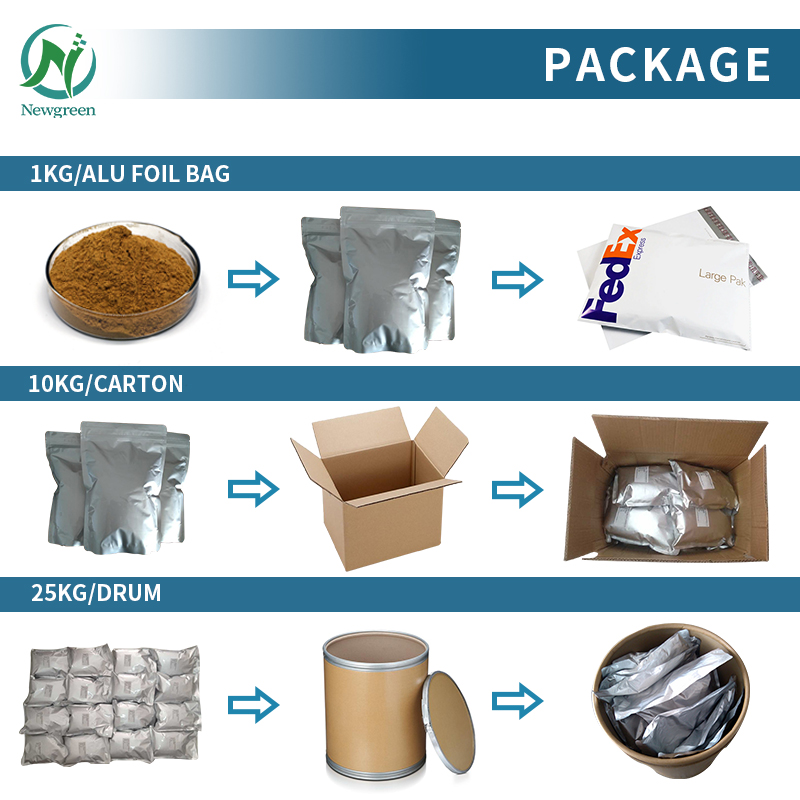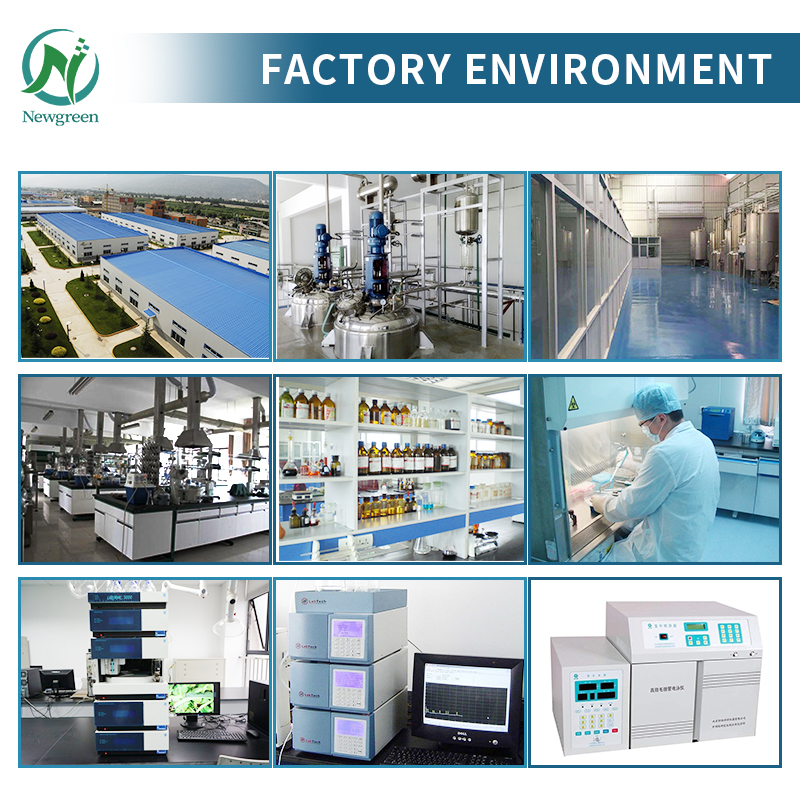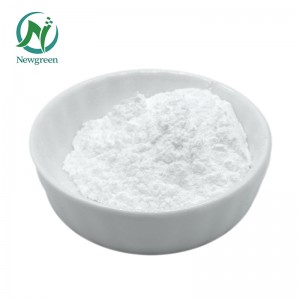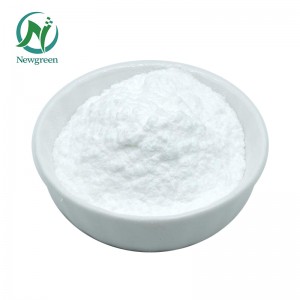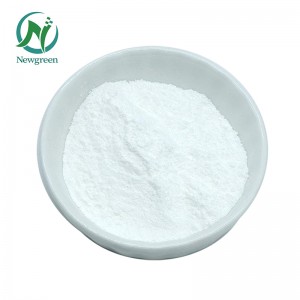Newgreen Supply Food/Feed Grade Probiotics Enterococcus Faecium Powder

Product Description
Enterococcus faecalis is a Gram-positive, hydrogen peroxide-negative coccus. It originally belonged to the genus Streptococcus. Because of its low homology with other Streptococci, even less than 9%, Enterococcus faecalis and Enterococcus faecium were separated from the genus Streptococcus and classified as Enterococcus. Enterococcus faecalis is a facultative anaerobic Gram-positive lactic acid bacterium with a spherical or chain-like body shape and a small diameter. It has no capsule and no spores. It has strong adaptability and resistance to the environment and can tolerate a variety of antibiotics such as tetracycline, kanamycin, and gentamicin. The growth conditions are not strict.
Enterococcus faecium offers a range of benefits, particularly in promoting gut health, supporting the immune system, enhancing nutrient absorption, and contributing to food fermentation. Its applications extend to the food, feed industry and skincare, making it a valuable microorganism in both health and wellness contexts.
COA
|
ITEMS |
SPECIFICATIONS |
RESULTS |
| Appearance | White or slightly yellow powder | Conforms |
| Moisture content | ≤ 7.0% | 3.52% |
| The total number of
living bacteria |
≥ 1.0x1010 cfu/g | 1.17x1010 cfu/g |
| Fineness | 100% through 0.60mm mesh
≤ 10% through 0.40mm mesh |
100% through
0.40mm |
| Other bacterium | ≤ 0.2% | Negative |
| Coliform group | MPN/g≤3.0 | Conforms |
| Note | Aspergilusniger: Bacillus Coagulans
Carrier: Isomalto-oligosaccharide |
|
| Conclusion | Complies with the Standard of requirement. | |
| Storage | Store in a well-closed place with constant low temperature and no direct sun light. | |
| Shelf life |
2 years when properly stored |
|
Functions & Applications
1. Probiotic Properties
Gut Health: E. faecium is often used as a probiotic to help maintain a healthy balance of gut microbiota, which can improve digestion and overall gut health.
Pathogen Inhibition: It can inhibit the growth of harmful bacteria in the gut, potentially reducing the risk of infections and gastrointestinal disorders.
2. Immune System Support
Immune Modulation: E. faecium may enhance the immune response, helping the body to better fight off infections and diseases.
Anti-inflammatory Effects: It may help reduce inflammation in the gut, which can be beneficial for individuals with inflammatory bowel diseases.
3. Nutritional Benefits
Nutrient Absorption: By promoting a healthy gut environment, E. faecium can aid in the absorption of essential nutrients, vitamins, and minerals.
Production of Short-Chain Fatty Acids (SCFAs): It can contribute to the production of SCFAs, which are beneficial for colon health and can provide energy to colon cells.
4. Food Industry Applications
Fermentation: E. faecium is used in the fermentation of various foods, enhancing flavor and texture, and contributing to the preservation of food products.
Probiotic Foods: It is included in some probiotic-rich foods, such as yogurt and fermented dairy products, promoting gut health.
5. Skincare Applications
Skin Microbiome Balance: In skincare products, E. faecium may help maintain a balanced skin microbiome, which is essential for healthy skin.
Soothing Properties: It may have soothing effects on the skin, helping to reduce irritation and promote a healthy skin barrier.
6. Feeding application
1)Enterococcus faecalis can be prepared into microbial preparations and directly fed to farmed animals, which is beneficial to improve the microecological balance in the intestine and prevent and treat the disorder of the intestinal flora of animals.
2)It has the effects of decomposing proteins into small peptides and synthesizing B vitamins.
3)Enterococcus faecalis can also enhance the activity of macrophages, promote the immune response of animals, and improve the antibody level.
4)Enterococcus faecalis can form a biofilm in the animal intestine and attach to the intestinal mucosa of the animal, and develop, grow and reproduce, forming a lactic acid bacteria barrier to resist the side effects of foreign pathogens, viruses and mycotoxins, while Bacillus and yeast are all transient bacteria and do not have this function.
5)Enterococcus faecalis can decompose some proteins into amides and amino acids, and convert most of the nitrogen-free extracts of carbohydrates into L-lactic acid, which can synthesize L-calcium lactate from calcium and promote the absorption of calcium by farmed animals.
6)Enterococcus faecalis can also soften the fiber in the feed and improve the conversion rate of feed.
7)Enterococcus faecalis can produce a variety of antibacterial substances, which have good inhibitory effects on common pathogenic bacteria in animals.
Related Products

Package & Delivery
